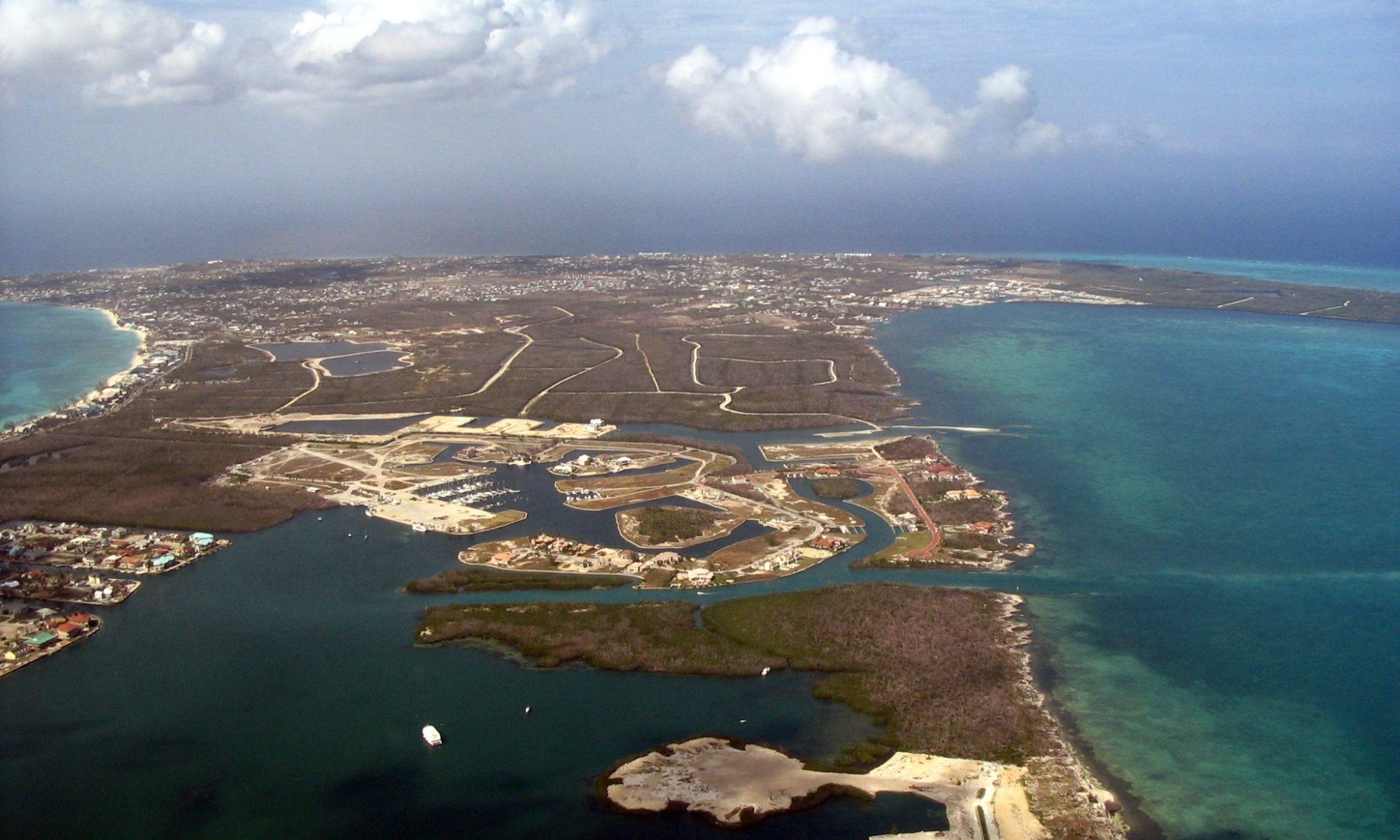Please give us an overview of the current legal market in the Cayman Islands and how any recent developments have impacted your practice?
2018 has seen the continuation of an unprecedented period of deal making across all sectors. The global conditions that drove M&A activity in 2017 remain at the time of writing – buyers continue to seek access to new markets and take advantage of continued low interest rates, while private equity funds actively seek to deploy capital.
The Companies Law, Limited Liability Companies Law and Exempted Limited Partnership Law have been revised in 2018. These revisions represent a consolidation with amendments made since the immediately preceding revisions, changes connected with the Cayman Islands’ beneficial ownership regime and a general updating of references to other legislation, rather than material legal developments in the M&A space.
Legislative reforms are entering final stages for the creation of a new restructuring regime in the Cayman Islands. The anticipated effect of the new regime is the proposed introduction of a court supervised restructuring moratorium outside of the winding-up process. Current timing estimates for the enactment are the end of 2018/early 2019. It is anticipated that once those changes are enacted, there will be an uptick in the number of restructurings in the Cayman Islands.
What significant trends exist in the M&A market presently? Are you seeing these just domestically or internationally as well?
The technology, media and telecommunications, real estate, and healthcare sectors continue to dominate M&A transaction flow. Locally we are seeing increased buyer interest and consolidation in the fiduciary and fund services sector. Buyers are also keeping a watchful eye on opportunities in the fintech industry as the Cayman Islands develop as a global fintech hub.
What are the three biggest challenges to practising M&A in the Cayman Islands at the moment?
Multiple suitors for assets as private equity funds look to deploy capital; the uncertainty of the effects of Brexit for European transactions with a Cayman Islands’ component; and current macroeconomic and geopolitical factors influencing Cayman Islands transactions are the three biggest challenges to M&A activity at the moment.
How does M&A fit into the firm as a whole? Is it easy to collaborate with other teams?
Appleby are experts in offshore corporate, finance, funds, restructuring and dispute resolution. The M&A team plays a central role in Appleby’s wider corporate and finance offering and is comprised of industry experts with deep knowledge of private equity, energy, insurance, healthcare, real estate, media, telecommunications, investment products and fintech.
Given the cross-jurisdictional nature of many M&A transactions we work on, our Cayman Islands teams routinely work closely alongside the corporate and finance practices of other Appleby offices. Our unique global footprint enables us to provide a seamless cross-border service to our clients.
What advice would you give to the next generation of M&A lawyers?
Trust your judgement and remain committed to delivering the highest quality service to your clients. Clients do not want to just be made aware of the issues, they want practical solutions.
What are your predictions for M&A in Cayman Islands over the next five years?
We expect the Cayman Islands to remain at the forefront of global deal making and to remain the offshore jurisdiction of choice for global public and private companies, financial institutions, funds and high net worth individuals.
If global interest rates rise in the near term, as widely anticipated, we expect to see a slowdown in M&A activity as it becomes more costly for buyers to finance transactions. We anticipate higher interest rates could also lead to an increase in restructurings of existing transactions and, potentially, to defaults in certain industry sectors. Unpredictability in oil prices leaves the offshore oil services and drilling sector particularly sensitive to rate rises and we could see repeats of last year’s landmark Ocean Rig case, the largest ever restructuring in the Cayman Islands, which Appleby played a leading role on.
More generally we expect to see the Cayman Islands consolidate its position as a jurisdiction of choice for insurers and re-insurers through targeted legislative initiatives, with the Cayman Islands continuing to take market share from other traditional insurance and re-insurance hubs.
